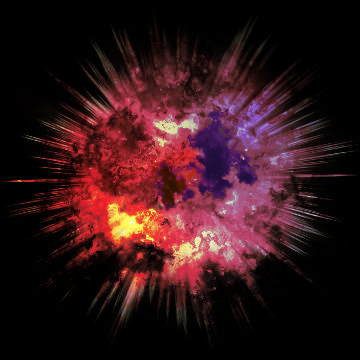@HPCpodcast-83: Attack of Killer Chiplets, w John Shalf
Reminiscent of the so-called “Attack of Killer Micros” which heralded the arrival of microprocessors in the early 1990s, the “Attack of Killer Chiplets” and similar technologies like Coarse-Grain Reconfigurable Arrays (CGRA) are coming to enable specialized architectures, re-define computing, and provide new avenues for advancing supercomputing speed and energy efficiency.
Special guest and last year’s ISC-2023 program chair John Shalf joins Shahin and Doug to discuss the rise of specialized architectures in the Post Moore’a Law era. This is a topic John will discuss at Wednesday night’s keynote at the ISC conference in Hamburg, Germany next week. John is department head for computer science research at Lawrence Berkeley National Laboratory (LBNL). He formerly was CTO at the National Energy Research Supercomputing Center (NERSC).
John is a coauthor of over 60 publications in the field of parallel computing software and HPC technology, including three best papers and the widely cited report “The Landscape of Parallel Computing Research: A View from Berkeley” (with David Patterson and others). He also coauthored “ExaScale Software Study: Software Challenges in Extreme Scale Systems,” which sets the Defense Advanced Research Project Agency’s (DARPA’s) information technology research investment strategy for the next decade. He was a member of the Berkeley Lab/NERSC team that won a 2002 R&D 100 Award for the RAGE robot.

The OrionX editorial team manages the content on this website.

